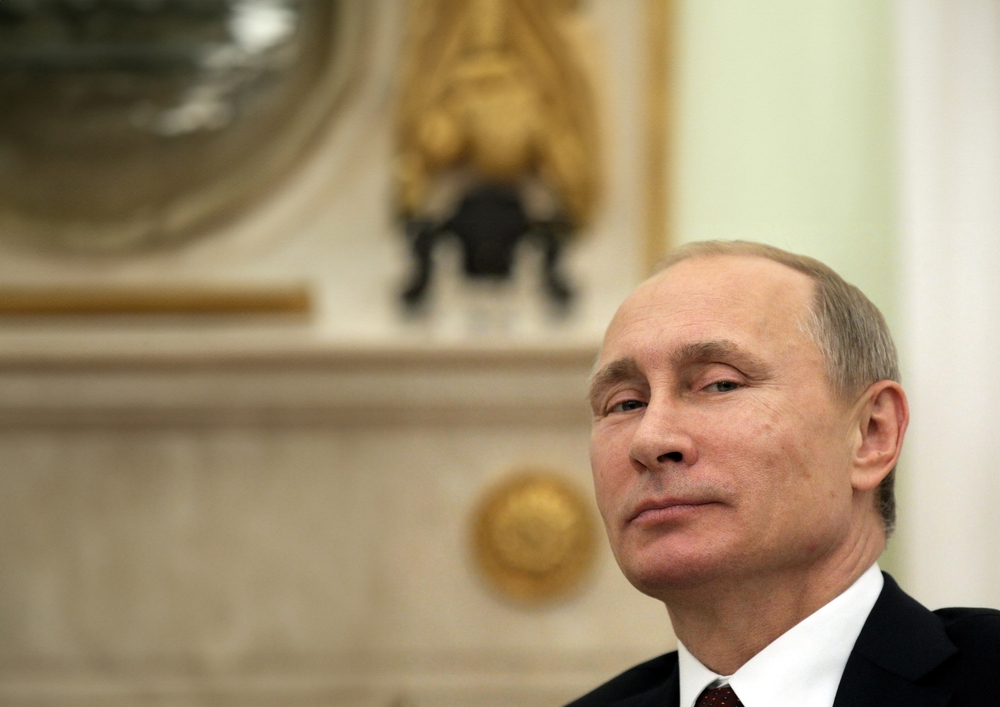International companies have handed over more than $60 billion in taxes to the Russian state.
Others are reading now
International companies have handed over more than $60 billion in taxes to the Russian state.
Foreign Companies Still Operating in Russia Under Fire
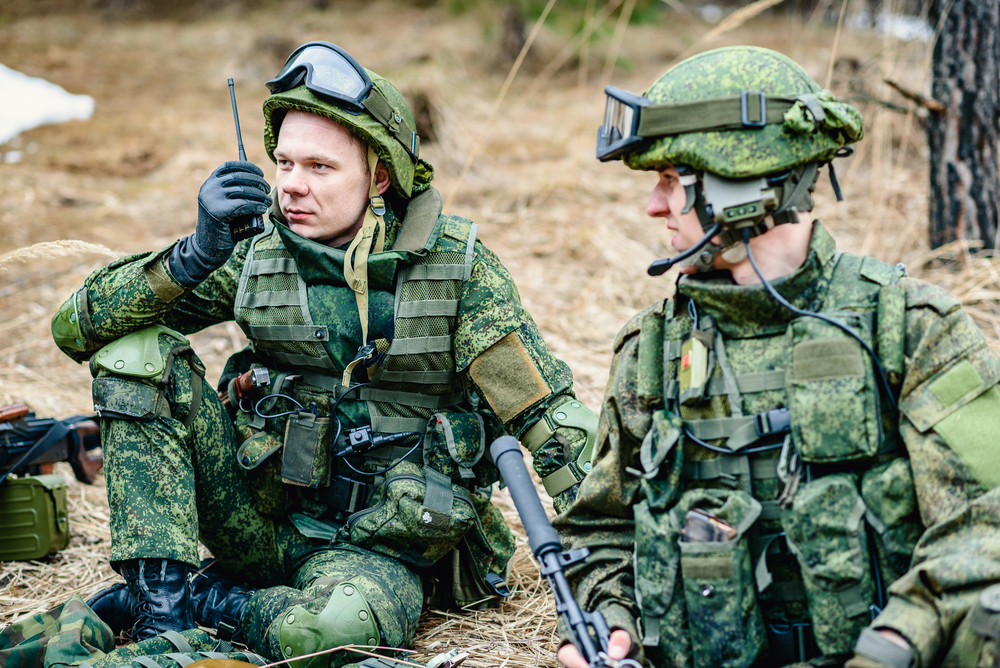
A new report warns that global firms still doing business in Russia may be indirectly funding the Kremlin’s war.
By paying local taxes, these companies provide billions in revenue to Moscow, despite calls to withdraw after the full-scale invasion of Ukraine in 2022.
Report Links Business Taxes to Russian Army Salaries
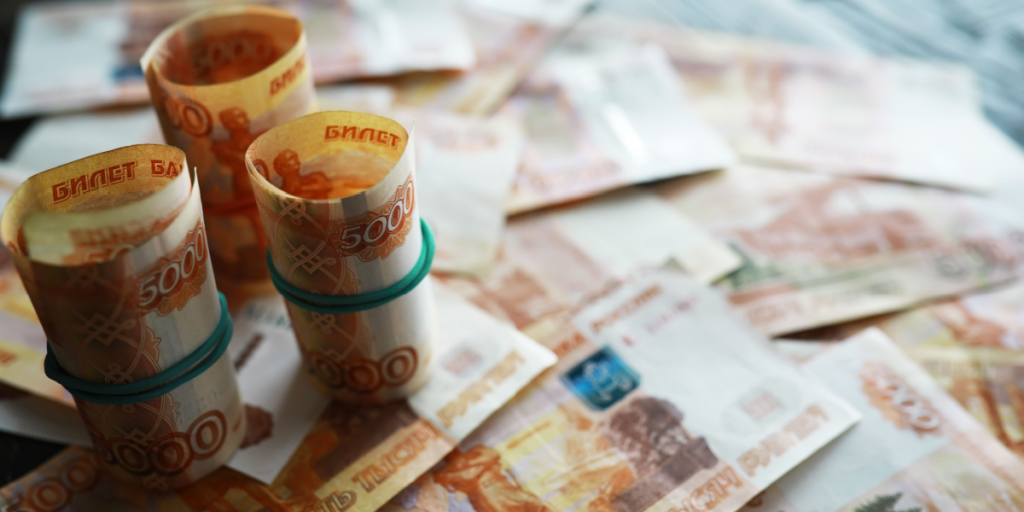
According to the B4Ukraine group and the Kyiv School of Economics, foreign companies paid at least $20 billion in Russian taxes in 2024.
Analysts estimate that this sum alone could cover the annual salaries of one million Russian soldiers.
Also read
$60 Billion Since 2022
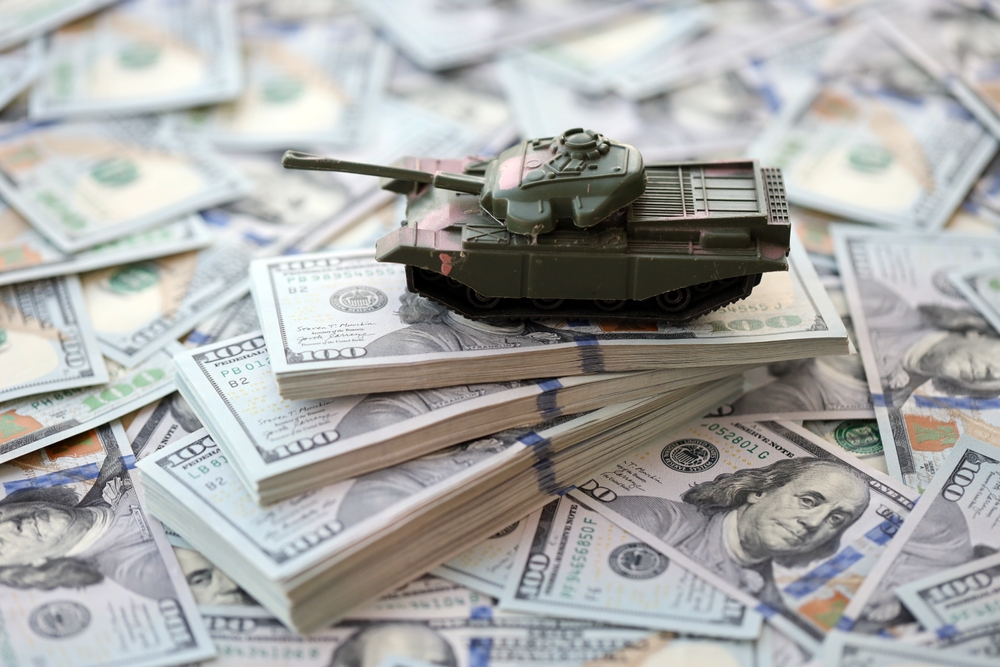
Since the war began, international companies have handed over more than $60 billion in taxes to the Russian state.
That amount represents roughly half of Russia’s entire military budget for 2025, underlining the scale of the indirect support.
Austrian Bank Tops the List of Contributors
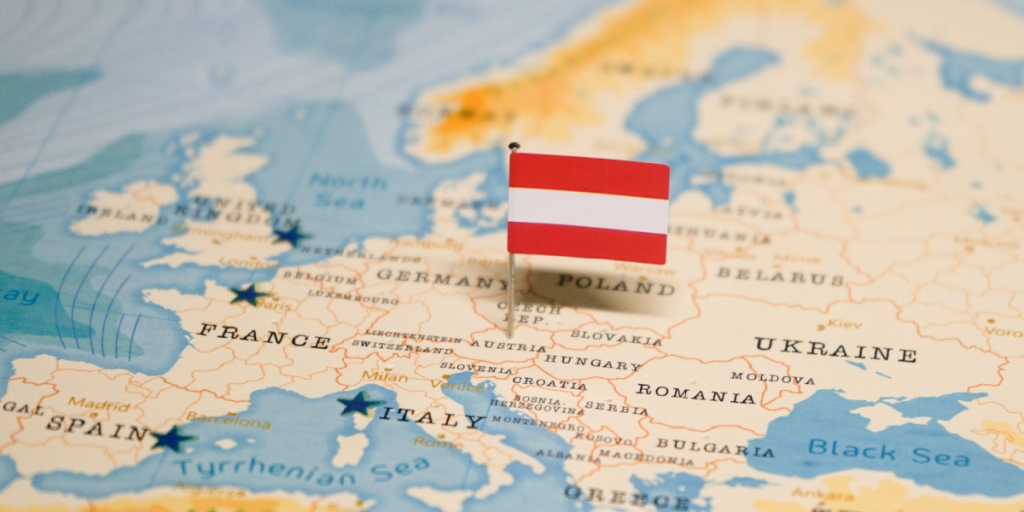
Raiffeisen Bank International from Austria was the largest taxpayer in 2024, transferring around $402 million to the Kremlin.
The bank has faced growing criticism over its decision to remain in Russia while other financial institutions scaled back operations.
Big Names From China, U.S., France, and Japan
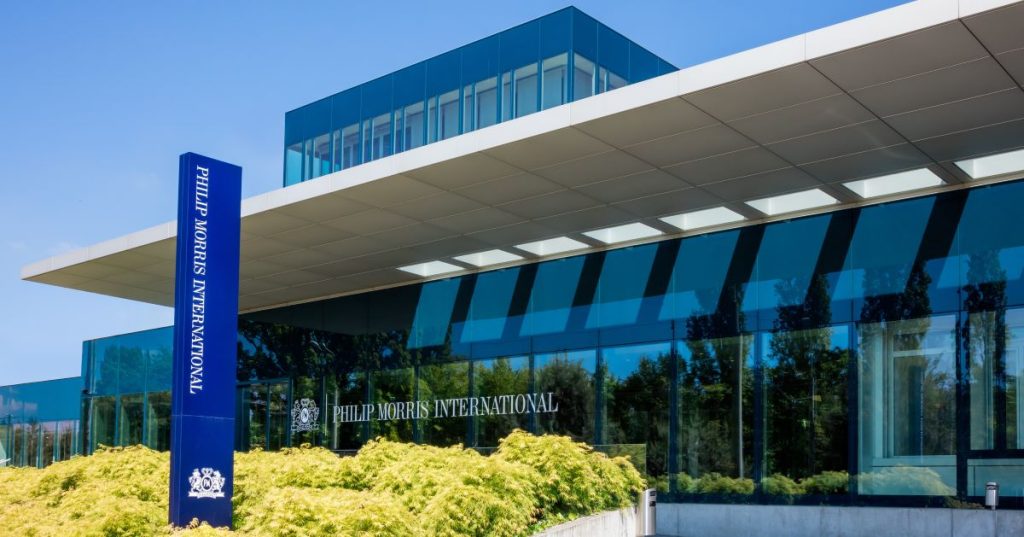
Other major contributors include Chery Automobile from China ($222 million), Philip Morris International from the U.S. ($220 million), Japan Tobacco International ($182 million), and French retailer Leroy Merlin ($128 million).
Also read
All remain active in Russia.
Companies Defend Their Presence
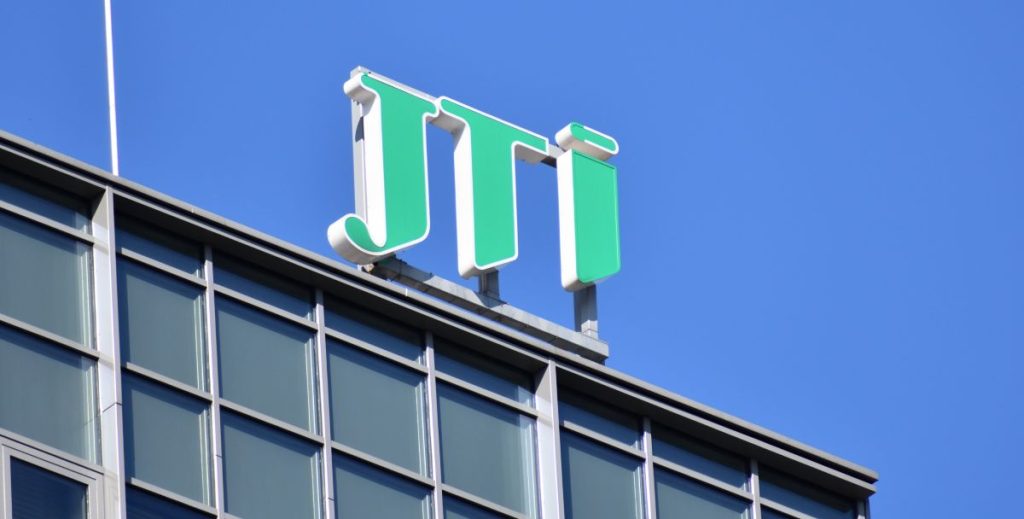
Japan Tobacco International told Newsweek it follows all international sanctions and stressed that tobacco excise duties are ultimately paid by consumers.
Philip Morris has reduced production in Russia but admits it cannot sell its local business without severe losses.
Analysts Warn of Indirect War Support
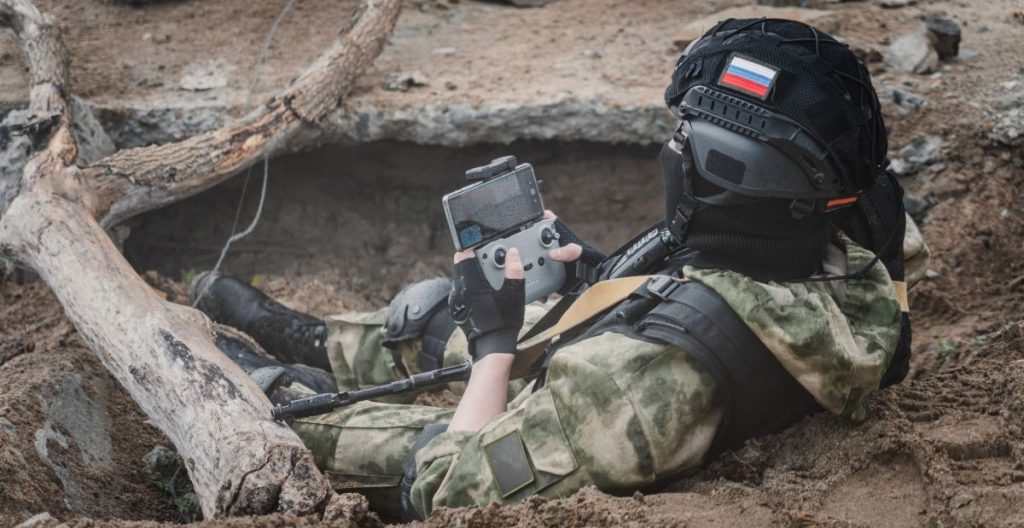
Mark Temnycky of the Atlantic Council said that sales and taxes help fuel Russia’s economy and “by extension, Putin’s war effort.”
He added that Western businesses should continue to exit the Russian market to avoid complicity in the conflict.
Also read
Other Hidden Channels of Support
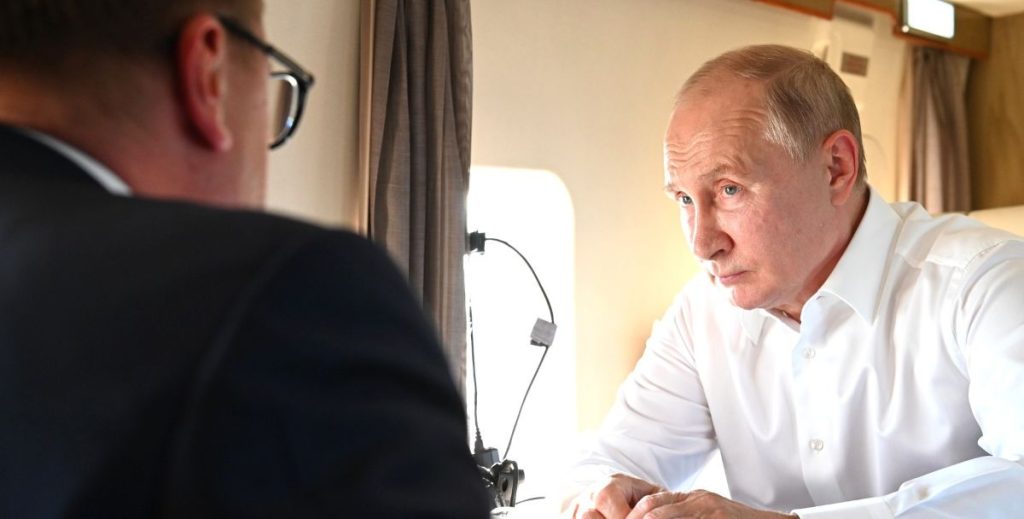
Experts also point to less obvious forms of support.
These include purchasing Russian oil through intermediaries or supplying sensitive electronic components that can be used by Moscow’s defense industry via alternative trade routes.

